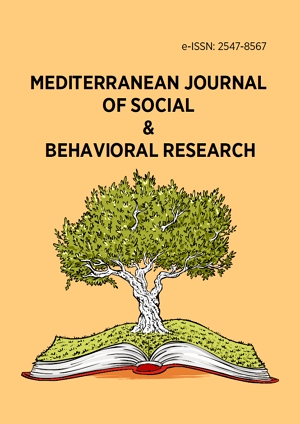Abstract
Terrorism is a global phenomenon. It is the use of violence and intimidation to coerce for various reasons. In recent times, the spate of terrorist attacks by various groups seeking political and religious reforms in Nigeria is alarming and has become worrisome as they pose a serious threat to Nigeria’s security. Furthermore, they are gradually destroying public confidence in the nation’s security system. Conditions which support the development and growth of terrorism in Nigeria range from socio-economic factors such as poverty to religion. This paper examines terrorism in Nigeria, its causes and implications for Nigerian Democracy. Data for the study were drawn primarily from secondary sources as well as the authors’ knowledge of the Nigerian political scene. The paper argues that terrorism has adverse implications for Nigeria’s security. Socio-economic transformation, security awareness and sensitization and collaboration among security agents among others are advocated as possible solutions to the menace.
Keywords
License
This is an open access article distributed under the Creative Commons Attribution License which permits unrestricted use, distribution, and reproduction in any medium, provided the original work is properly cited.
Article Type: Research Article
MEDITERR J SOC BEH RES, Volume 3, Issue 2, June 2019, 29-36
https://doi.org/10.30935/mjosbr/9591
Publication date: 01 Aug 2019
Article Views: 1967
Article Downloads: 1255
Open Access References How to cite this article
 Full Text (PDF)
Full Text (PDF)